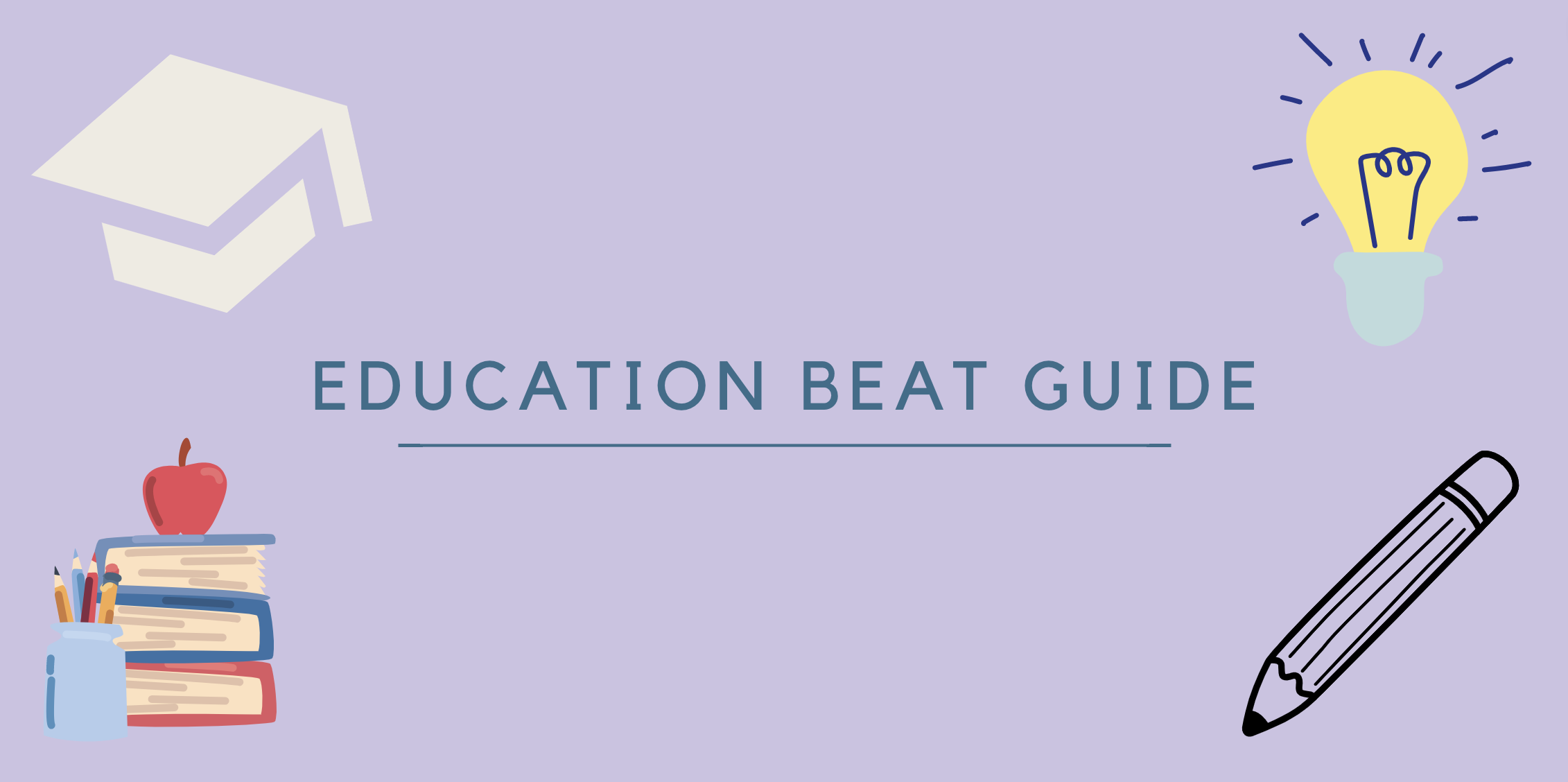
Why cover education?
- Poverty creates challenges for children and students of any age. A lack of resources, time from parents and mental, physical and emotional strain of living in poverty can create barriers to quality education.
- Covering the intersection of poverty and education gives insight into the challenges these students face.
Research guide
Here’s a list of databases, studies, conferences and institutions, with information to help you form the right questions.
If you’re feeling stuck, use the resources below to help answer these questions. They might help you get started on a story or expand on an idea.
- What challenges do students face in your region?
- What are the demographics of students in your region?
- What is the retention and graduation rate in your region?
- What percentage of families in your region live below the poverty line?
- What is the unemployment rate?
- What is the poverty rate in your region?
Datasets & databases
Civil Rights Education Data Collection
This data collection allows journalists to search schools and districts for data and special reports related to enrollment demographics, SAT & ACT, student retention, discipline, etc. among public schools in the United States.
This data looks at how U.S. students performed in recent assessments. Journalists can look at various schools, states and districts to analyze assessment scores.
Databank’s Education Statistics
This dataset looks at education statistics in different indicators, such as various countries. This will help journalists get a wider view of education and what it may look like in different capacities and locations.
Academic papers and relevant studies
Poverty Database in Education: Strategies for Monitoring Poverty Reduction
In this publication, journalists will find information related to the effects of poverty on school children. This paper by M.D. Ushadevi analyzes the database in education to provide information on the intersection of education with poverty. Journalists will find this helpful because they are able to monitor and consolidate poverty data among school children, serving as an initial step to address poverty and education.
Sidestepping the Box: Designing a Supplemental Poverty Indicator for School Neighborhoods
This publication by the U.S. Department of Education examines “common constraints of neighborhood data used for educational research and proposes the use of school-centered neighborhood poverty estimates based on data from the U.S. Census Bureau’s American Community Survey (ACS) and estimation techniques borrowed from spatial statistics.” Journalists will find this useful by having a publication that dives deep into how school and neighborhood poverty intersect with education.
Institutions
The Global Partnership for Education is a global fund dedicated to “transforming education in lower-income countries,” and they “work to deliver quality education so that every girl and boy can have hope, opportunity and agency.” Journalists will find this institution useful for exploring global initiatives related to education and poverty.
The U.S. Department of Education collects data on America’s schools and establishes policies on federal financial aid for education. Journalists will find this institution useful for analyzing data and finding information related to schools and students in the U.S.
Annual Conferences
Millersville University hosts an Annual Conference on Education and Poverty. The purpose is to “share information, practices, policies, and research pertaining to working with students in poverty.”
The Association of Educational Service Agencies hosts an annual conference. Some topics discussed include poverty, trauma and global issues.
The Association for Childhood Education International hosts the Global Summit on Childhood every other year, where they design ways to facilitate “global sharing of minds and resources in their mission to benefit the education and protection of children everywhere.”
Shania Shelton is a fourth year journalism major at the University of Georgia.

